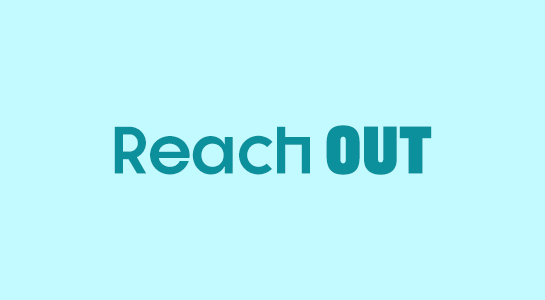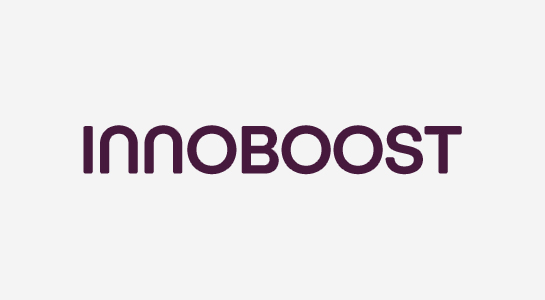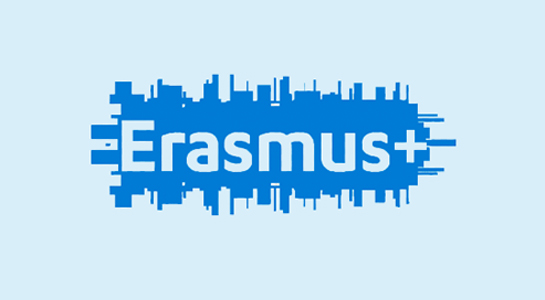Objectives
In light of the new Youth Strategy of the European Union (2019-2027) and its commitment to reach all young people, InterCollege and its partners strongly believe, that a Seminar on how to better address hard to reach groups is needed. Youth organizations across Europe need to join forces, in order to develop a common strategy regarding this challenge. That is because hard to reach groups need to be part of organized structures, in order to have the opportunity to actively engage in the democratic process. Only so democracy fulfills its main characteristic: involving all its citizens.
It is the reason why the European Union aims at engaging, connecting and empowering all young people, through its new strategy. For that to happen, youth organizations need to deepen their understanding regarding these three dimensions. They also need to find ways to better address hard to reach groups and promote these new opportunities among them.
Thus the aim of the project is to strengthen youth organisations’ capacity across Europe to operationalise the three EU key actions, in order to address hard to reach groups.
The aim will be achieved through the following objectives:
1. To support youth workers to address young people from hard to reach groups;
2. To deepen youth workers understanding on the current challenges young people from hard to reach groups are facing;
3. To share best practices regarding youth work with young people from hard to reach groups;
4. To identify and explore new ways of addressing young people form hard to reach groups;
5. To strengthen the networks focused on addressing young people form hard to reach groups, in order to better promote the three EU key actions;
6. To develop a Common Strategy Guideline on how to better achieve young people from hard to reach groups, with regards to the three EU key actions.
These objectives will be attained through one activity: a seminar on how to address young people form hard to reach groups and improve their access to the three EU key actions. The activity directly addresses Erasmus+ priority: reaching out to all young people, as well as the new EU Youth Strategy. Youth workers attending the seminar will become better equipped to engage, connect and empower young people from hard to reach groups. Thus, the European society will be strengthened, as more of its citizens will have the opportunity to actively participate, through youth organizations.
Activities
The Seminar will take place over 9 days (including travel), in Slettestrand, Denmark, in December 2020. It will gather 2 facilitators and 45 participants from Denmark, Hungary, Turkey, Romania, Bulgaria, Lithuania, Slovakia, Germany, Greece, North Macedonia, Poland, Croatia, Spain, Malta and Italy.
The Seminar will mainly focus on developing a Common Strategy Guideline on how to better address young people from hard to reach groups, with regards to the three EU key actions.
The first activity day will be about building group cohesion. Participants will get to know each other and start building bonds. Through non-formal methods (such as name games) and other team building activities, a friendly environment will be created.
The second activity day will focus on discussions and presentations regarding the Youth Strategy 2019-2027 and its three dimensions. Participants will talk about their local hard to reach groups and expose the challenges they have related to Engage, Connect and Empower dimension of the EU Youth Strategy. Best practices will be shared.
The next three activity days will focus on the operationalisation of the three dimensions of EU Youth Strategy. Participants will suggest activities; local initiatives; networks of stakeholders. They will present their plan, in plenary and receive feedback.
The visit day will provide the participants with the opportunity to meet local stakeholders in Aalborg and learn about their best practices of engaging, connecting and empowering hard to reach groups.
The last activity day will be about consolidating the results and evaluation. Participants will present their final plans in plenary. They will also discuss the involvement of local stakeholders in the operationalization plan, as well as the dissemination strategy. In the end, they will evaluate the whole activity and reflect upon what they have experienced.
Daily evaluation and monitoring of the learning process will also be included in the activities of the Seminar. Thus, facilitators will ensure that the progress of the work is in line with participants’ expectations and they are satisfied with the activity.
As to participants’ profile, they should be experienced in working with hard to reach groups and have an interest in further developing their strategies in this regard. They should also be familiarized with Erasmus+ projects involving hard to reach groups, as well as with Non-Formal Learning Methods and their use in daily activities. Furthermore, the selected participants should be willing to strengthen their partnerships and networks with other European youth workers, in order to further disseminate the learning outcomes of the Seminar.
Each partner organization will nominate 3 potential participants from their organization or their network. They will have to fill in an online application form, that will address the following topics:
– Their interest and motivation for taking part in the Seminar;
– Their background regarding youth work and hard to reach groups;
– Their willingness to fully commit to the project and its activities, both during and after the project;
– Their English skills;
Impact
The main result of the project will be the development of a Common Strategy Guideline on how to better address young people from hard to reach groups, with regards to the three key actions of the EU Youth Strategy.
Our society is build on democracy on all levels: local, regional, European or International. Democracy is the rule of people and therefore requires that all people are empowered, connected and involved.
This project is building capacity of youth workers to empower, connect and involve groups of young people that are not traditional reached. The project will therefore strengthen democracy on all levels.
For democracies to work effectively, all citizens need to feel bound, connected and obligated by the community. This feeling of citizenship arises from being co-responsible for the society and being involved in it. The civic engagement is traditionally happening though civil society organizations. Unfortunately, the civil society is not reaching all people. This project will focus on “hard to reach” young people and thus build capacities of youth workers to reach groups that are not traditionally included. This will contribute to build active citizenship and strengthen the functional democracies on all levels.
The project takes a point of departure in the new EU youth strategy and operationalises EU’s vision of making it “A strategy for all youth”. By aiding to reach those groups that are not traditionally reached, the project contributes to the policy implementation of the EU.
For many of the young people who will be the end beneficiaries of this project, as well as for the youth workers trained, this will be their first encounter with the European Union. Creating the feeling among the stakeholders that “EU cares” and “EU does something for me” will alone, from a utilitarian perspective, contribute to create a European identity.
Impact on Participants:
Through the seminar, the participants will get an understanding of youth as a broader group than the current active members. This will strengthen the participants identity as youth workers and their motivation to reach out to new groups of young people.
The participants will gain a broader understanding of the background and challenges of different “hard to reach groups”. They will get the understanding that there are no “one size fits all” solutions and develop curiosity and motivation to create bespoke strategies to involve different groups of young people who are traditionally hard to reach.
The participants will gain an understanding of the traditions and history that has formed the Youth Structures and develop a sense of understanding about their own role in renewing models for participation and, among others, bring participation into a digital era.
Impact on end beneficiaries
More young people, who today are not involved in traditional youth structures, will be able to benefit form participation and will engage, connect and be empowered. Those young people will be able to benefit from more of the offers that other young people get and strengthen their democratic participation.
The strengthened participation is expected to lead to a higher sense of responsibility and citizenship and motivate to engage in conventional structures.
Impact on Partners
This project is expected to initiate a renewal process within the partner organizations. This process is expected to start with reflection about the partners ability to be inclusive and their potential in reaching new groups. The process will ultimately lead into a critical review of the existing structures and activities of the organizations.
As a result of those processes, the partner organisations are expected to modernise themselves in function, management and content, to reach more and different young people.


